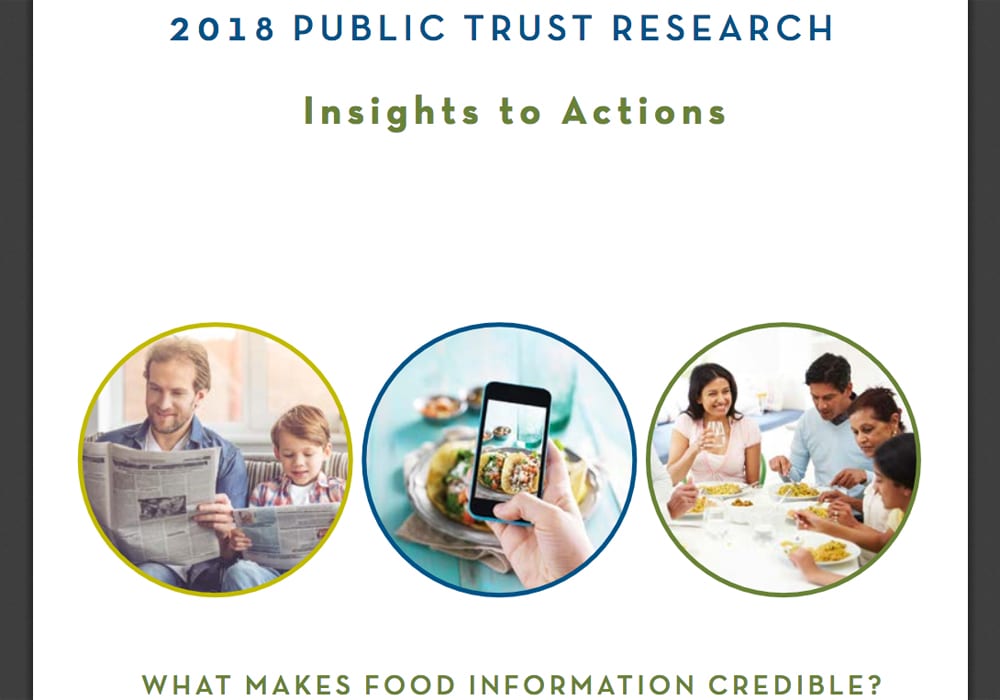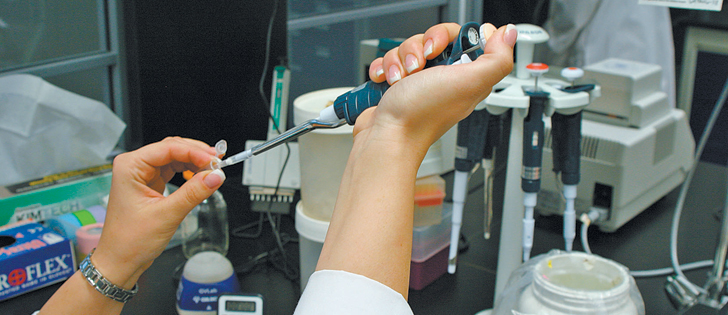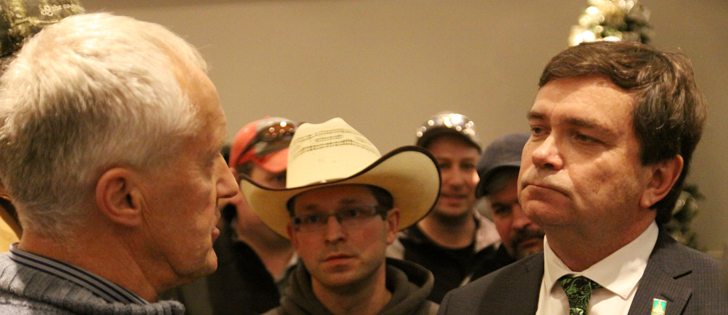Canada and the United States are on the precipice of an international trade war and this country’s dairy industry is being pushed closer and closer to the edge.
Trump and his staff launched a blistering, personal attack against Prime Minister Justin Trudeau this weekend after he left the G7 meeting in Quebec’s pristine Charlevoix region.
Trudeau, Trump said, was “meek” and accused the prime minister of making false statements during a news conference. The United States, he added, would not sign the G7’s planned communiqué as a result, despite last minute negotiations that went into the wee hours of the morning.
Read Also

Proactive approach best bet with looming catastrophes
The Pan-Canadian Action Plan on African swine fever has been developed to avoid the worst case scenario — a total loss ofmarket access.
The U.S. president’s top trade adviser, Peter Navarro, told the Fox television network there was “a special place in hell” for the Canadian prime minister.
Larry Kudlow, Trump’s top economic adviser, accused Canada of “stabbing us in the back” while appearing on CNN’s State of the Union program.
Related opinion:
The U.S. anger, which appears to have caught Canadian and other international leaders off guard, seems to have been unleashed because of Trudeau’s insistence that Canada will defend its national interests on trade.
Trudeau said Canada will impose about $16.6 billion in retaliatory tariffs against the U.S., if Washington continues to impose stiff import tariffs on Canada steel and aluminum.
“I have made it very clear to the president that it’s not something we relish doing because Canadians — we’re polite, we’re reasonable — but we will not be pushed around,” Trudeau told reporters at a G7 news conference June 9.
The American tariffs, he said, were “insulting” and “unacceptable.”
The thing is Trudeau’s remarks weren’t new. He made the same comments in American media interviews during the aftermath of Washington’s decision to impose the tariffs in the first place.
Ottawa is prepared to levy more than $16 billion in retaliatory tariffs starting Canada Day.
Washington has insisted the tariffs are necessary because of national security concerns, an argument Canadian officials call absurd.
Over the weekend, Trump appeared to toss his own administration’s reasoning under the bus, tweeting that he’d actually imposed the tariffs because of Canada’s high tariffs on some U.S. dairy products.
“PM Justin Trudeau of Canada acted so meek and mild during our @G7 meetings only to give a news conference after I left saying that, “US Tariffs were kind of insulting” and he “will not be pushed around.” Very dishonest & weak. Our Tariffs are in response to his of 270% on dairy!” Trump tweeted.
Canada imposes high tariffs on some U.S. dairy products if imports surpass set import quotas. About 10 percent of this country’s dairy market is open to international exports, with much of that access granted to the U.S. producers.
Ahead of the G7 meeting, Trudeau told dairy farmers in Quebec, where voters head to the polls Oct. 1, he will continue to defend supply management. Trump had repeatedly vowed to open up Canada’s dairy market.
If Canada doesn’t open up its dairy market, Trump said over the weekend, there will be unspecified consequences.
As part of North American Free Trade Agreement negotiations, American negotiators have demanded Canada eliminate within a decade its entire supply-management system, which regulates egg, poultry and dairy production.
Canadian officials have rejected that demand, with Agriculture Minister Lawrence MacAulay calling the ask a “non-starter.”
However, media reports had left this country’s dairy industry on edge. In a TV interview with NBC’s Meet the Press, the prime minister appeared to suggest Canada was willing to be flexible on the file.
Days later, U.S. Agriculture Secretary Sonny Perdue told American media that Canada had made an offer on the dairy front that would give the U.S. more access but it wasn’t enough. Perdue is scheduled to travel to Prince Edward Island for a meeting with MacAulay June 15.
In light of this week’s diplomatic spat, it’s unclear whether Canada is willing to reopen those NAFTA conversations.
Kelsey Johnson is a reporter with iPolitics, www.ipolitics.ca.
















